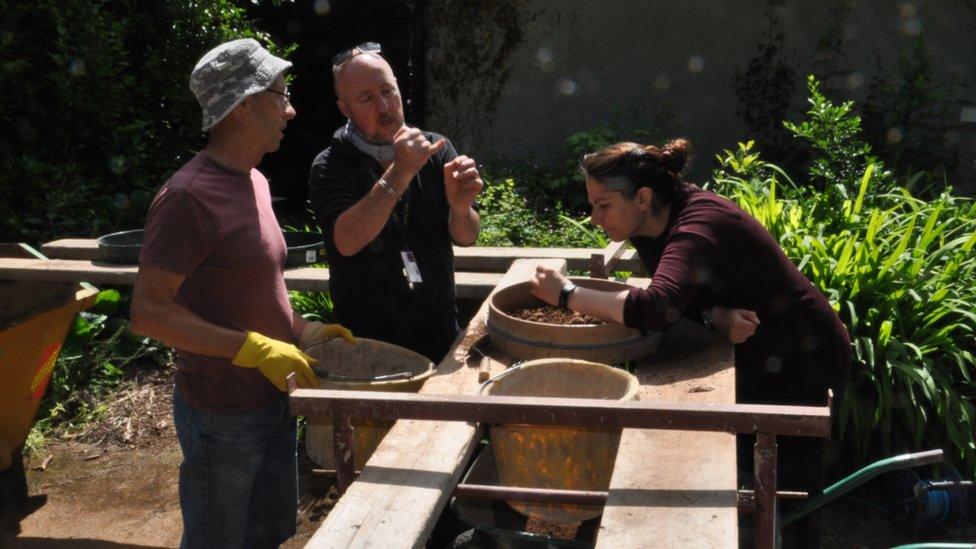Cumbrian stone-age caves and ancient woodland for sale
- Published
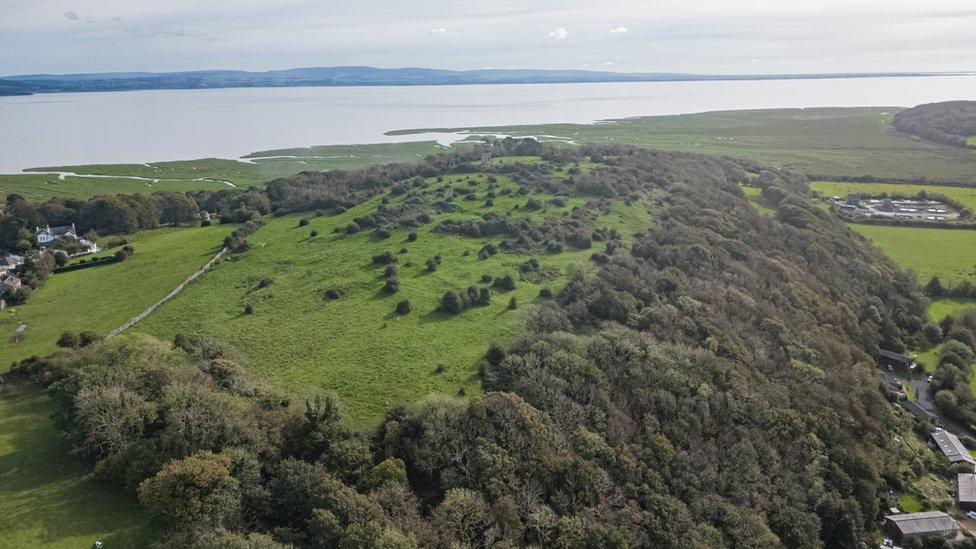
In the 1990s the area hosted parties known as "rave in the cave"
An area of land that includes stone-age caves and ancient woodland has been put up for sale in Cumbria.
Kirkhead Caves, near Lower Allithwaite, is a scheduled monument where ancient animal bones, late Bronze Age pottery and flint tools have been excavated.
The nine-acre plot, which includes Kirkhead wood, has been allowed to rewild for 25 years.
H&H Land & Estates said the owners are selling it to "someone else who would cherish and look after it".
A spokesperson for the estate agent said the land, which has been listed at a starting price of £100,000, had been with a family for 35 years.
Kirkhead Caves is one of three known Palaeolithic cave sites in Cumbria.
Greenlane Archaeology director Dan Elsworth said Kirkhead was "particularly well known for its caves, especially its largest, known as Kirkhead Cave".
Mr Elsworth said the caves contained some of the oldest evidence for human activity in the north-west of England.
"It was first investigated by antiquarians - the forerunners of modern archaeologists - in the late 19th Century, who found ancient animal bones and evidence for human activity from the prehistoric period onwards," he explained.
"Unfortunately, the excavation techniques used at that time were pretty basic and fairly destructive. But excavation in the 1960s revealed flint tools and animal bones indicating that it had been occupied at the end of the last ice age, over 10,000 years ago."
H&H Land & Estates described Kirkhead wood as an "ancient semi-natural, deciduous woodland".
Its director, Mark Barrow, said: "These woodlands and its caves have given sanctuary and enormous pleasure to many generations, and there will undoubtedly be a great deal of interest in securing them for generations to come."
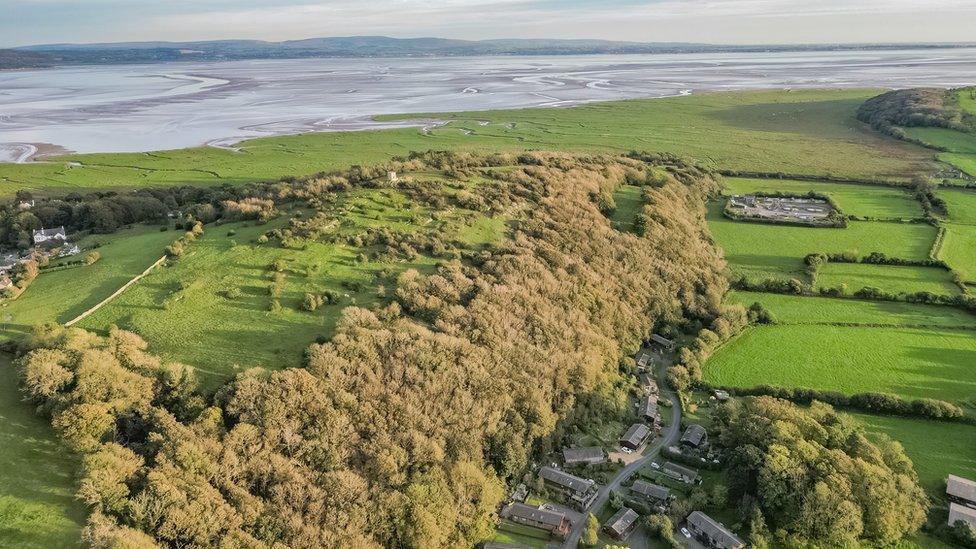
H&H Land & Estates said the land had been allowed to rewild for 25 years
According to the owners, the caves were used as a venue for parties in the 1990s, known fondly by party-goers as "rave in the cave".
But in the subsequent 25 years, and despite a right of access from the nearby village, the land has been transformed by rewilding project.
The owners' children have inherited the site but said they "did not feel that they would do the property justice if they held on to it".
H&H Land & Estates said the family said they felt "somebody else would cherish and look after the property better than they can".
The estate agents said interest in buying UK woodland has grown significantly both as a long-term investment opportunity and for leisure or recreational purposes in recent years.
No legal protection
A spokesperson for the Woodland Trust said that ancient woodland "covers less than 3% of the UK's land mass. However - despite how precious it is - it does not have any legal or statutory protection unless also covered by a statutory designation, such as SSSI, or a Tree Preservation Order (TPO)".
However, the trust's lead campaigner, Jack Taylor, said ancient woodland was "afforded protection from forms of development through the different UK countries' planning frameworks".
"While these planning policies offer a relatively strong level of protection, they don't afford complete protection, and we are still seeing ancient woods across the UK being lost or deteriorating [due to] harmful developments," he said.

Follow BBC North East on Facebook, external, X (formerly Twitter), , externaland Instagram, external. Send your story ideas to northeastandcumbria@bbc.co.uk, external.
Related topics
- Published10 September 2023
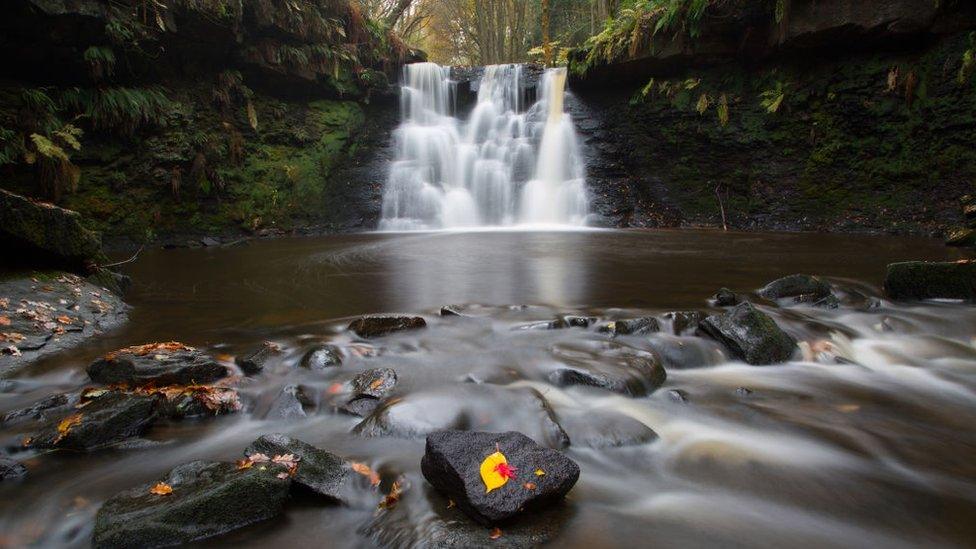
- Published8 August 2023
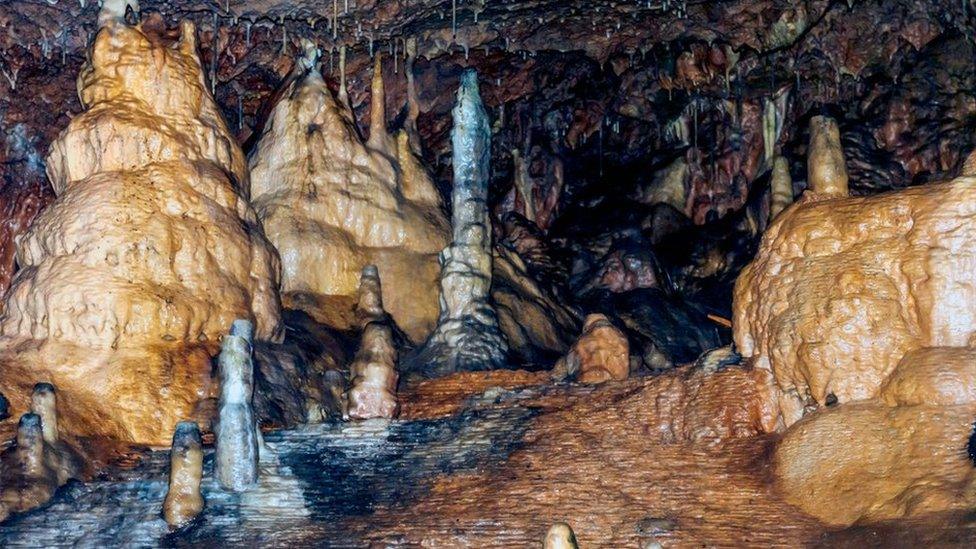
- Published25 January 2023
